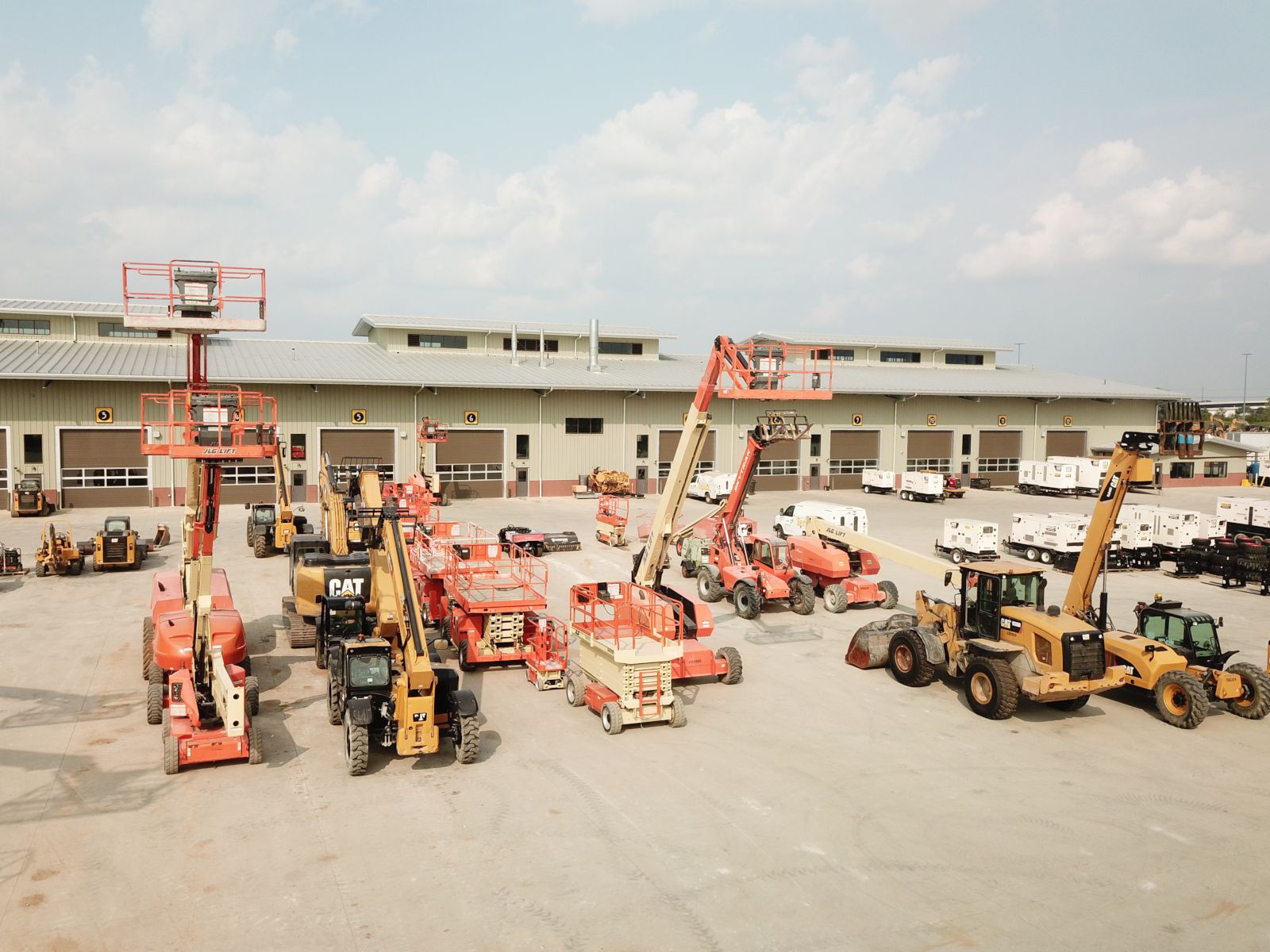Optimize Your Budget Plan by Comprehending the Prices Connected With Construction Equipment Services
Recognizing the full scope of prices connected with building and construction devices rentals is important for optimizing your spending plan. While the preliminary rental fee might seem uncomplicated, countless added expenses-- such as transport, fuel additional charges, and maintenance-- can promptly collect, impacting your economic planning. In addition, recognizing various charges and the complexities of rental contracts can assist stay clear of unforeseen financial burdens. What methods can be employed to properly manage these expenses and make certain a more effective rental experience?
Review of Rental Expenses
When considering building and construction equipment services, comprehending the associated expenses is vital for effective budgeting and job planning. Rental prices can vary significantly based upon several aspects, consisting of devices type, duration of leasing, and location. The preliminary rental fee commonly shows the devices's market demand and its linked operational abilities, affecting the overall expenditure.
Along with the base rental price, ancillary expenses might occur, such as transport fees, gas additional charges, and maintenance fees. It is vital to make up these additional costs to properly assess the total expense of renting devices. The rental duration can influence pricing; longer rentals may qualify for reduced prices, while temporary rentals may incur greater everyday costs.

Malfunction of Rental Rates
An extensive understanding of rental rates is important for professionals and project managers aiming to maximize their spending plans. Rental prices for building equipment typically contain numerous elements, including base rates, time-based costs, and use fees.
Base prices are the core fees related to the rental of the tools, typically figured out by the type and dimension of the equipment. These rates can differ dramatically, affected by elements such as tools need, availability, and local market patterns. Time-based fees, which may be daily, weekly, or monthly, offer to fit different task timelines and rental periods.
Furthermore, rental rates might include use charges, which are relevant when equipment is utilized beyond a defined limit, guaranteeing that the rental firm can represent wear and tear. Seasonal demand variations can likewise affect rental prices, with peak building and construction periods usually regulating higher rates.
Furthermore, recognizing the rental business's plans concerning upkeep and insurance can supply further understanding into the total cost framework. By analyzing these elements, specialists can make enlightened choices, ensuring the choice of rental tools aligns with both job demands and budget restrictions.
Extra Charges to Take Into Consideration
Understanding the details of added costs is essential for professionals to manage their general rental expenditures effectively. Past the typical rental prices, different auxiliary costs can significantly impact the complete price of equipment service. These costs typically include shipment and pickup charges, which can vary based on distance and logistics involved in transferring the equipment to and from the job website.
Additionally, some rental business may impose gas additional charges if the tools is returned with less gas than when rented out. It is likewise vital to understand potential cleaning fees, particularly for customized devices that needs description extensive maintenance after use.

Completely reviewing the rental contract and clearing up these additional charges check this site out ahead of time can help contractors guarantee and avoid unforeseen costs that spending plans stay undamaged throughout the task lifecycle.
Upkeep and Repair Work Expenditures
Routine repair and maintenance expenditures are commonly neglected variables that can considerably affect the overall price of building and construction tools rentals. When leasing devices, it is vital to think about not just the rental charges but additionally the potential expenses connected with keeping the machinery in optimum operating condition.
Numerous rental firms include basic maintenance as part of the rental contract; nonetheless, more considerable repair work or unanticipated breakdowns can cause added expenditures. It's important to review the rental contract thoroughly to comprehend what maintenance solutions are covered and what responsibilities fall on the tenant.
Moreover, tools that is not properly maintained can lead to inefficiencies on the task website, possibly enhancing and causing hold-ups project costs. To mitigate these risks, it is advisable to conduct regular evaluations and preserve open communication with the rental carrier pertaining to any kind of concerns that develop throughout usage.
Insurance Policy and Obligation Expenses
Insurance coverage and liability expenses are essential parts that can dramatically affect the general expense of construction devices services (aerial lift rental). These prices make sure that both the rental company and the customer are shielded from potential monetary losses arising from crashes, damage, or theft throughout the rental period

Additionally, clients need to know any deductibles or exemptions in the insurance coverage, as these can influence prospective out-of-pocket expenditures. Understanding the conditions of any insurance protection is vital to prevent unanticipated prices. Eventually, budgeting for insurance policy and liability costs can aid ensure a smoother rental experience and secure versus monetary dangers related to building and construction jobs.
Conclusion
In conclusion, a thorough understanding of the expenses connected with building tools rentals is necessary for reliable budget plan administration. Inevitably, notified decision-making a knockout post concerning tools rentals contributes to the overall success of building endeavors.
Rental prices can differ dramatically based on several factors, consisting of devices kind, period of leasing, and area (mini excavator rental). The rental period can influence pricing; longer rentals may certify for reduced prices, while short-term leasings might sustain greater everyday charges
By carrying out extensive study and involving with reputable rental firms, service providers can efficiently browse the intricacies of rental prices, eventually maximizing their financial resources.
Past the standard rental prices, numerous additional charges can significantly impact the overall price of devices rental. Rental companies commonly offer responsibility insurance policy that covers injuries to 3rd parties or damages to residential property, while equipment damage insurance can cover the cost of repair services or replacement if the rented out tools is damaged.